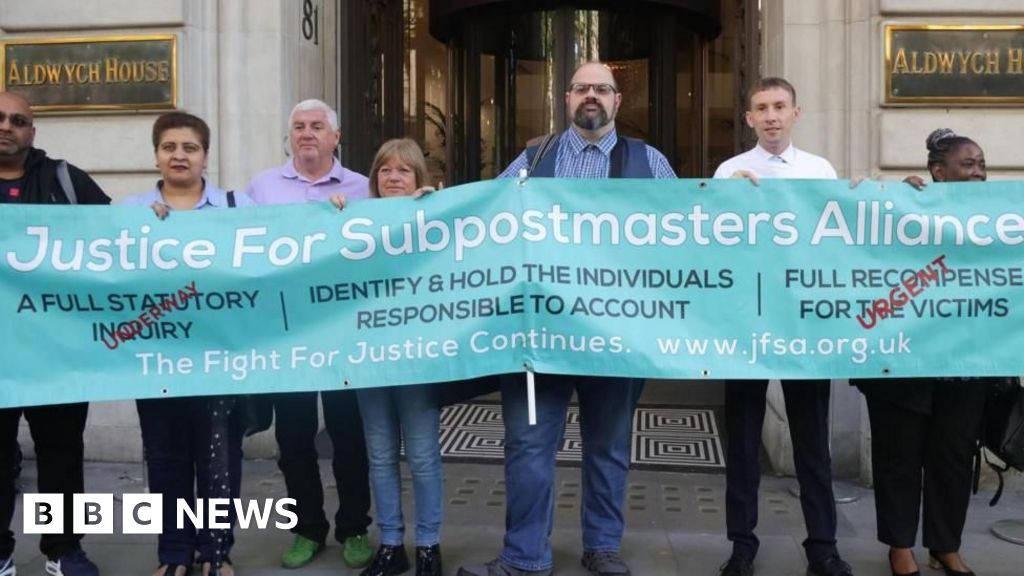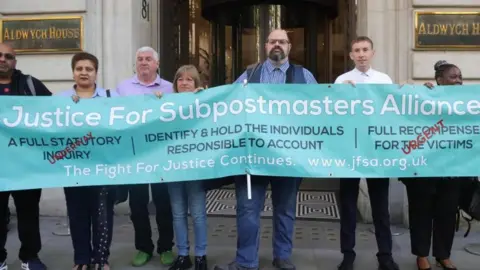A bitter struggle has broken out for control of the world’s biggest zinc smelter, pitting South Korea’s leading private equity firm against an array of big-name industrial groups.
The battle over Korea Zinc is being closely watched in the mining sector because of concerns it could delay the smelter’s annual zinc supply contract negotiations, which serve as a global benchmark. Korea Zinc is a close partner to big resources groups such as Teck Resources and Trafigura.
Michael ByungJu Kim, known as the “godfather of Asian private equity”, is leading a takeover bid aimed at Korea Zinc’s chair Choi Yun-beom, a scion of one of the company’s two founding families.
Kim’s firm, Seoul-based MBK Partners, accuses Choi of overseeing a deterioration in the profitability of Korea Zinc, which has a market capitalisation of $11bn, since he took the helm in 2019.
But the management of Korea Zinc, which has the world’s biggest zinc smelter by annual output and also produces battery materials needed for western efforts to build a non-Chinese electric vehicle supply chain, say it is being subjected to a hostile takeover bid led by foreign-backed “corporate raiders” intent on selling the company off to China.
“For the sake of our nation, our people and our shareholders we have to prevent our technology from being sold to China,” Korea Zinc’s vice chair Lee Je-jung told reporters last week.
Park Yoo-kyung, head of emerging market equities at APG Asset Management, said Korea Zinc’s management was engaging in “dirty public propaganda, using Koreans’ fear of industrial competition from China”.
MBK has publicly committed not to sell the company to a Chinese bidder or to any buyer not acceptable to the Korean government.

Korea Zinc and its parent company, Young Poong Group, were co-founded by the respective patriarchs of the Choi and Jang families — both refugees from North Korea. Under an informal agreement reached between the two co-founders, Korea Zinc would be managed by the Choi family and Young Poong and its affiliates by the Jang family.
Last month, however, MBK announced that the Jang family had handed over stewardship of its 33.1 per cent stake in Korea Zinc to the private equity fund and that together they would make a tender offer for enough shares to secure close to a 50 per cent stake.
Jeonghwan Kim, a partner at MBK, said the Jang family had approached the fund due to their concerns over Choi’s leadership. He noted that Choi and his extended family only own 15.6 per cent of Korea Zinc.
Kim told the Financial Times that Choi was responsible for “poor corporate governance” at the company, singling out a multimillion-dollar investment made without board approval into funds operated by a close school friend of Choi’s, currently standing trial on stock manipulation charges.

Korea Zinc argued that the funds, which were invested in a K-drama studio and a K-pop label among other businesses, were legitimate investments that did not require board approval.
Several strategic investors in Korea Zinc told the FT they had concerns about how the takeover battle — and possible subsequent private equity involvement — would affect the company, a major global producer of refined zinc, lead and silver. Shareholders include affiliates of South Korean conglomerates LG, Hanwha, and Hyundai, as well as Swiss trading house Trafigura.
“As business co-operation with Korea Zinc requires long-term investment, there is concern that the success and continuity of the business co-operation may be jeopardised if the management control dispute is prolonged due to [MBK’s] tender offer,” Hanwha said.
One shareholder also expressed concern about future investment in a nickel smelter that Korea Zinc is building in the south-eastern city of Ulsan. When completed, the smelter, in which Trafigura is an investor, would be a key source of nickel that meets US rules on sourcing for battery materials.
Trafigura said Korea Zinc’s decision to diversify into battery metals “was a well-thought-out move to expand its portfolio”.
The trading group, which holds a 1.5 per cent stake in Korea Zinc, praised the management team in a statement, adding: “As shareholders, we are monitoring any corporate actions that may disrupt the company’s operations or future prospects.”
Park Ki-deok, president and co-chief executive of Korea Zinc, told the FT that it was rallying investors including Trafigura behind the management. The deadline for MBK and the Jang family’s joint tender offer is on Friday.
“We are preparing for a counter tender offer and have secured enough funding for this,” said Park, adding that he was also seeking backing from local and foreign private equity groups.
However Namuh Rhee, chair of the Korean Corporate Governance Forum, said fears of disruption were overblown, arguing that it would be better for Korea Zinc to be run by professional managers appointed by MBK than by an “unproven” third-generation heir such as Choi.
“MBK is a high-quality private equity fund with most of its funds from pension endowments, so it will not likely pursue short-term gains from Korea Zinc,” said Rhee.
The saga unfolds at a time when zinc smelters around the world are struggling to get enough input material due to lower mined supply of zinc concentrate.
Korea Zinc typically negotiates an annual contract in January or February with its major supplier Teck Resources over zinc processing fees, which acts as an informal global benchmark for the rest of the industry.
If the existing management is distracted by the takeover battle, it “may delay the first round of information sharing in the annual zinc treatment charge negotiation,” said Colin Hamilton, commodities analyst at BMO Capital Markets.
Last week, MBK announced it was increasing its tender offer from Won660,000 to Won750,000 ($568) per share. Korea Zinc’s share price, up almost 25 per cent since an initial tender offer was announced, stood at Won688,000 at the end of trading on Monday.











































































































































You must be logged in to post a comment Login